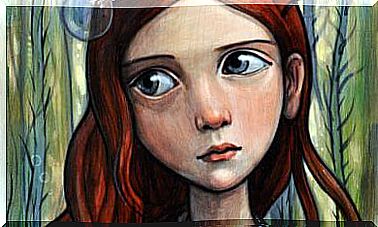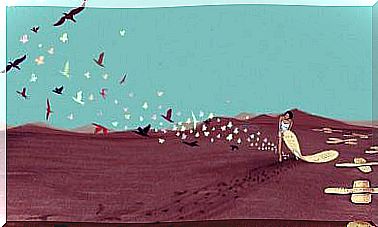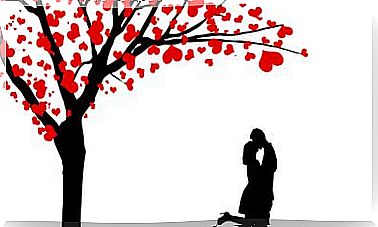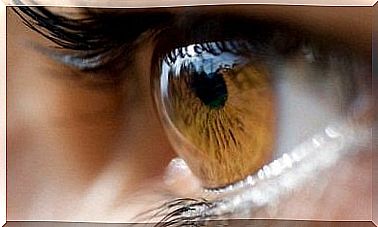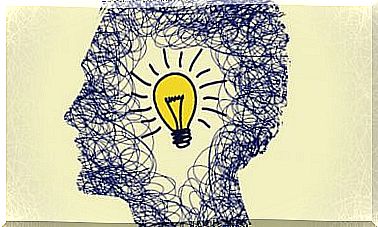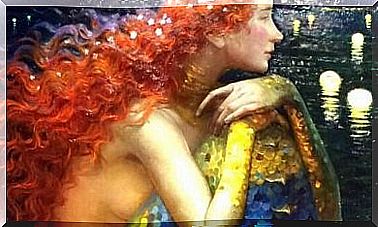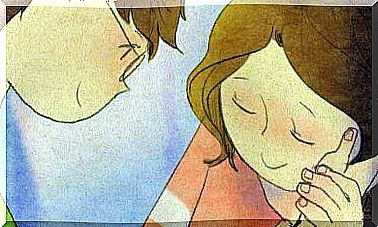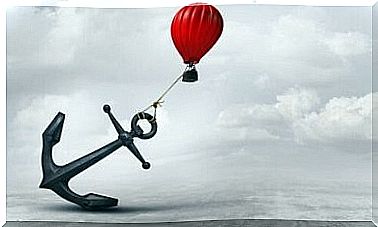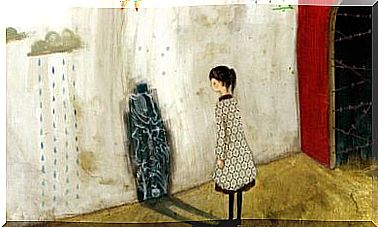Top 6 Child Psychology Books
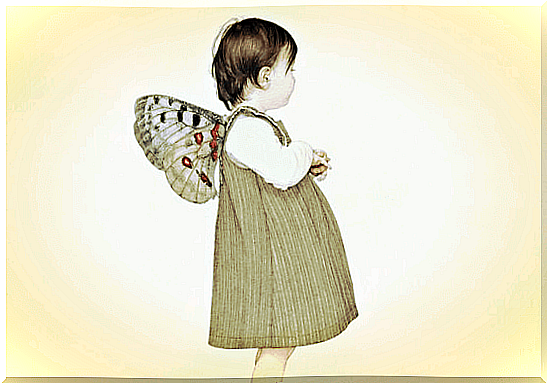
Understanding our little ones better is the best gift we can give them as parents and educators. Child psychology is more complex than it seems. For this reason, it is essential to understand what needs are hidden behind certain behaviors, how the emotional world of the little ones is held and how their brains mature at each stage of their development.
We all know that together with the title of father, mother, tutor or educator, we do not necessarily also have automatic and permanent skills with which to know how to guide and educate. Every little one is unique and every day a new challenge arises, a new rebellious behavior, an insecurity, a delay in learning or even that sometimes constant, but always positive doubt, which leads us to ask ourselves “Am I doing it right? …”
The books are always there, at hand, at our disposal. If we are parents or educators, it does not matter, the need to always update ourselves is almost vital. Science is advancing, we know more and more about children’s brains, about how we can promote integral development in them, how to enhance their intelligence, how to offer them tools to better understand and manage their emotions.
It must be said, however, that it is never advisable to consult a single child psychology book offered to us by the publishing market and make it “our Bible”. The ideal is that our curiosity drinks from different sources and that it is sensitive to the new discoveries that are produced in the field of education.
Below we propose you to discover six books on child psychology that can be of great help to you.
1. Building emotional intelligence: exercises to educate resilience in children (Linda Lantieri and Daniel Goleman)
Nowadays, many of us know that emotional intelligence (EI) is critical to boosting our well-being. In turn, this kind of intelligence offers an unparalleled tool for educating our children.
As Daniel Goleman himself indicates, “educating to emotions in the present means offering a better future to our children”. With this child psychology book, we learn how to do it. It should also be remembered that it is equipped with a practical guide and an audio CD (narrated by Elsa Punset) which certainly make this resource intended for children and adolescents much more complete.
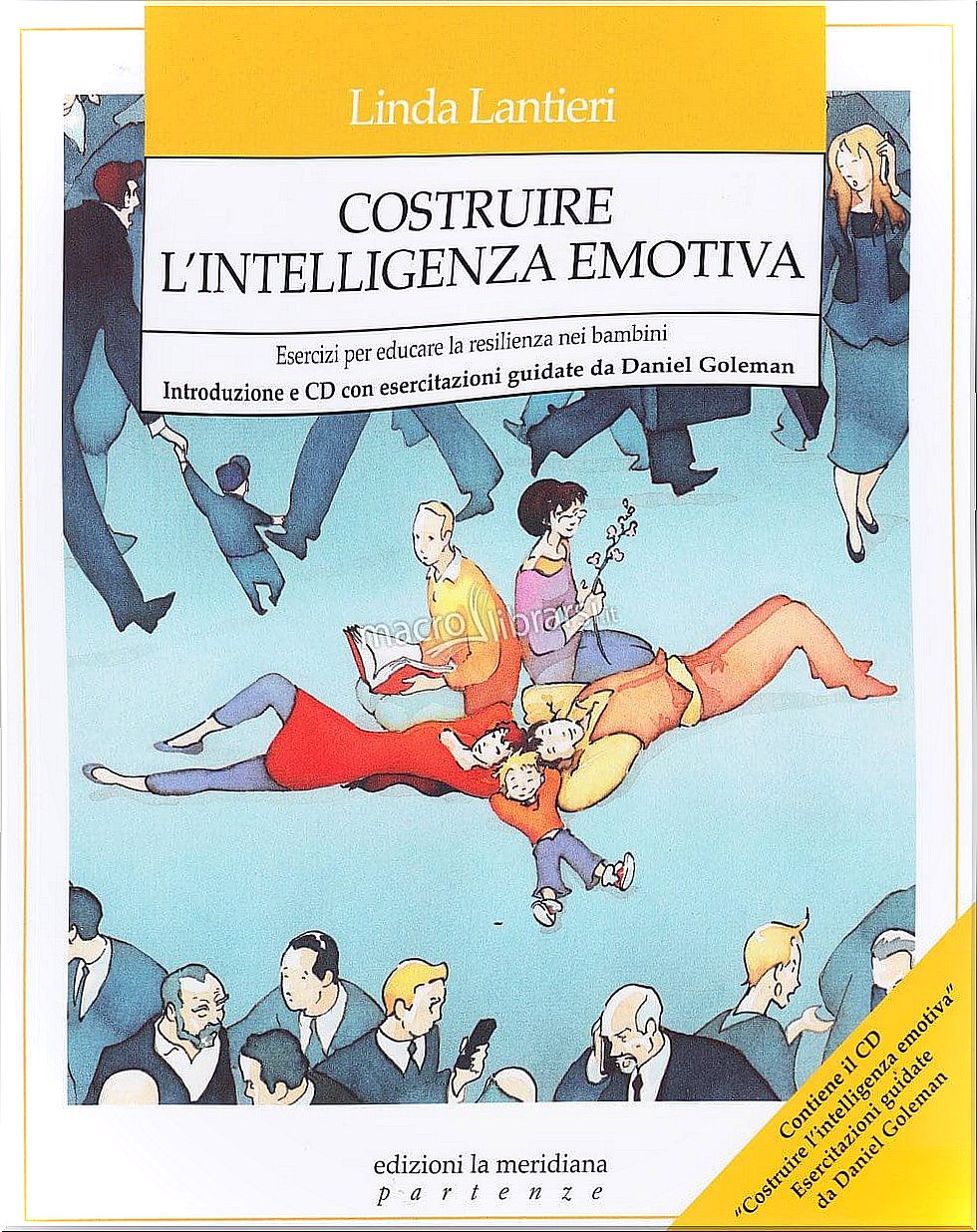
2. The ugly ducklings. The fears that help us grow (Cyrulnik, Boris)
Boris Cyrulnik is a well-known French neurologist, psychiatrist, psychoanalyst and ethologist. He is a real point of reference in the field of the science of happiness and psychiatry, a person who already at the age of 11 had a clear idea of what he wanted to do in life.
At the age of 6, he managed to escape from a concentration camp, while the rest of his family, Russian Jewish emigrants, never returned. From that moment on, he passed from one reception center to another, from one family unit to another until, in the end, he reached the house of humble farmers … A circumnavigation of anguish, uprooting and sadness which, far from transforming it into victim of the trauma, it made him a resilient child.
In this book, Boris Cyrulnik offers us a very interesting insight into childhood trauma. In it, he teaches us that the fabric of emotional ties, and later through the expression of emotions, allows us to activate a kind of biopsychic “reserve” with which to move forward.
3. 12 Revolutionary Strategies to Promote Your Child’s Mental Development (Daniel J. Siegel, Tina Payne Bryson)
A true point of reference in the field of child neuropsychology. In this book by neuropsychiatrist Daniel J. Siegel and parental expert Tina Payne Bryson, the reader is invited to take an exciting journey through the infant brain. It is easy to read, pleasant, interesting and offers very practical and useful strategies to favor the emotional and intellectual development of our little ones.
In turn, what makes this book different and at the same time innovative is the fact that, thanks to the illustrations on its pages, we can teach certain concepts and ideas to our children. It is a true textbook of child psychology with which to better understand certain reactions as well as certain behaviors and needs of the little ones.
4. How to speak for children to listen to you & how to listen for them to speak to you (Adele Faber & Elaine Mazlish)
A best-seller on child psychology since it was published in the late 1990s. A long time has passed since then, however, the truths given to us by this book do not go out of fashion, because they are structuring aspects in the growth and education of every child and adolescent.
Through a practical and respectful approach, we are taught various communication methods, innovative strategies to solve problems, to foster cooperation, as well as adequate techniques to set limits, manage emotions and how to use more useful and respectful alternatives to punishment.
5. Far from the tree: stories of parents and children who learned to love each other (Andrew Solomon)
Stimulating, magical and compulsory to read if you are fathers, mothers, teachers, psychologists and people who want to reconsider what differentiates us from each other, what unites us, what defines us and which, in essence, makes us human.
It is an original book that has conquered half the world for its content, deepening the relationship between parents and children with some disabilities, such as Down syndrome or autism spectrum disorders. In its pages we will read the testimonies of more than 300 families, towards which no one, absolutely no one, can remain impassive.
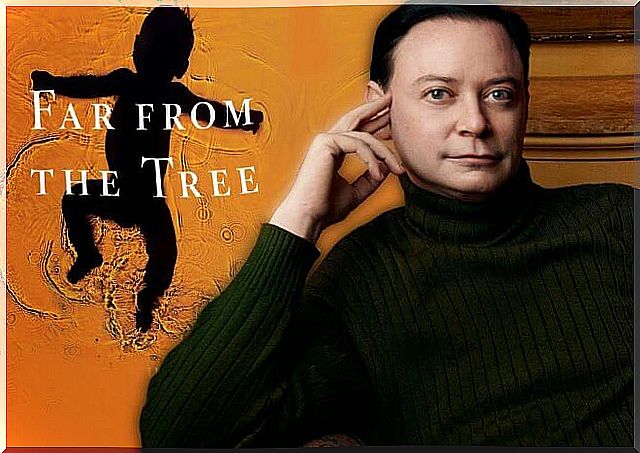
6. The psychology of the child,
Jean Piaget
We couldn’t finish our list of the best child psychology books without mentioning Jean Piaget. Not only was he one of the most important psychologists of the twentieth century, but his contribution to the field of human development and child psychology continues to be of great epistemological, logical, biological and sociological interest.
He has founded the foundations of multiple concepts that we manage today and we thank him for all his extensive works, articles and empirical research that we need for reflection and continuous interpretation.
A few years later, new editions come on the market with which to enjoy again the work of Piaget and his faithful collaborator, Inhelder. Even if it is not precisely a simple reading, it is essential to deepen the first studies on intelligence, on the construction of reality, on the categories of thought, on the capacity for representation, on concrete operations, on formal operations, on moral judgment and on affective aspects. and social development of the child.
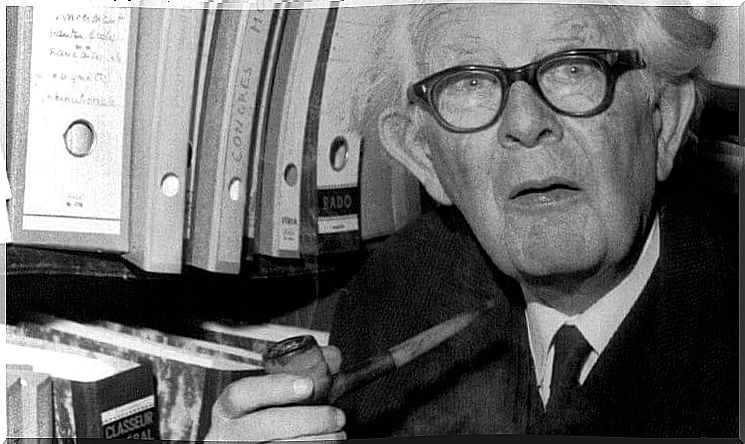
To conclude, we know without a doubt that this list is orphaned by many wonderful child psychology books on the market today. We have only tried to offer a proposal from each area in the vast universe of the childhood world in which emotions, fears, brain development, resilience or mental or intellectual deficits are pillars on which to continue working every day.
Our curiosity, affection and the continuous need to understand and offer the best to our children must certainly be the engine that will guide us day after day.
